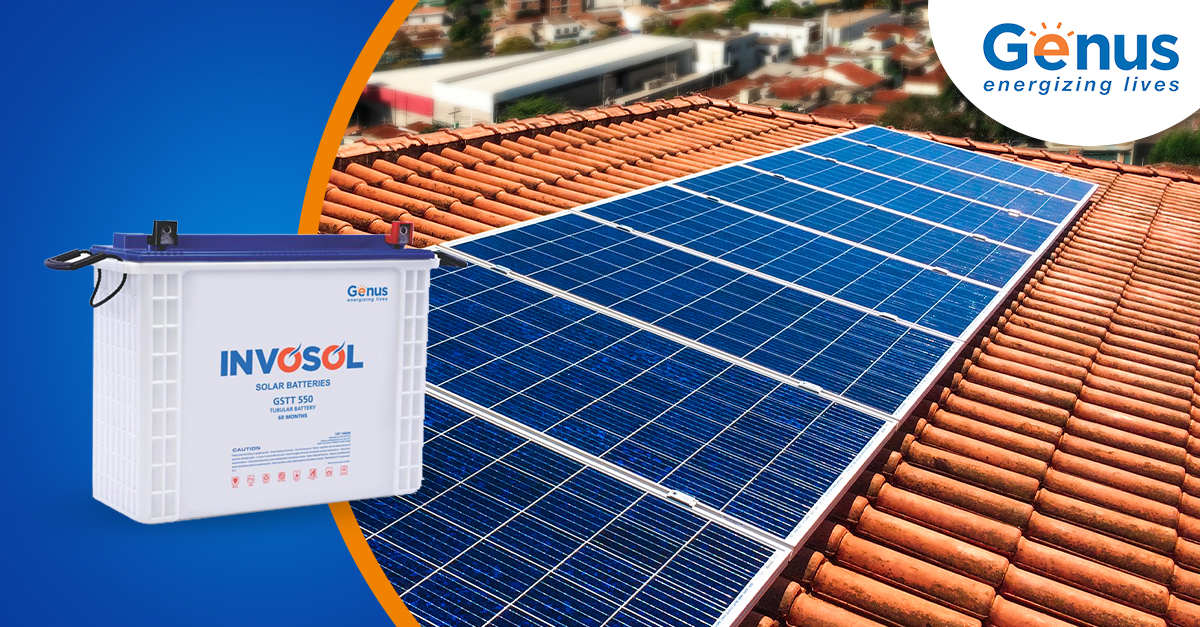Hydraulic Drifter Spare Parts,Rock Drill Spare Parts,Air Rock Drill Yantai Tianbing Construction Machinery Co., Ltd , https://www.tbbreaker.com
As per a report by the Solar Energy Industries Association, the demand for solar batteries has significantly increased over the past few decades, especially among homeowners and businesses. This surge is primarily driven by the unstable power supply in many regions and the growing awareness of environmental concerns associated with traditional electricity generation methods.
If you're looking to maximize the efficiency of your solar energy system, choosing the right battery is essential. A good solar battery not only stores excess energy but also ensures that you have power when you need it most—whether during the night, power outages, or times of high demand. With this detailed solar battery buying guide, you’ll be equipped with all the information needed to make an informed decision and get the best value for your investment.

**What is a Solar Battery?**
A solar battery is a storage device that captures and holds electricity generated by your solar panels. It allows you to use the energy you produce at a later time, making your solar system more reliable and efficient. These batteries are especially useful when the sun isn't shining or during peak usage hours.
**What to Look for in a Solar Battery?**
When selecting a solar battery, there are several key factors to consider:
- **Battery Capacity and Power**:
The capacity of a battery refers to how much energy it can store, typically measured in kilowatt-hours (kWh) or ampere-hours (Ah). A higher capacity means you can power more devices for longer periods. Additionally, the power rating (in kW) indicates how much energy the battery can deliver at once. A high-power battery may run your whole home for a short time, while a low-power, high-capacity battery might support just a few appliances for a longer duration.
- **Depth of Discharge (DoD)**:
This measures how much of the battery’s total capacity you can actually use. For example, if a battery has a DoD of 80%, you can use 80% of its stored energy before needing to recharge. Higher DoD values mean better utilization of your battery's potential.
- **Round Trip Efficiency**:
This metric shows how efficiently a battery converts stored energy back into usable electricity. If a battery takes in 5 kWh and returns 4 kWh, its round trip efficiency is 80%. Higher efficiency means less energy loss and more savings in the long run.
- **Battery Life and Warranty**:
The lifespan of a solar battery depends on the brand and technology used. Look for batteries with long warranties, either in terms of years or charge cycles. A good warranty reflects the manufacturer’s confidence in their product and offers peace of mind.
- **Battery Type**:
There are several types of solar batteries available, each with its own advantages and drawbacks:
- **Flow Batteries**: These use liquid electrolytes and offer long life and recyclability. However, they tend to be expensive and require more maintenance.
- **Lead-Acid Batteries**: A more traditional and affordable option, but they are heavier and slower to charge.
- **Lithium-Ion Batteries**: Popular due to their durability, efficiency, and long lifespan. They are less prone to damage and perform well in various temperatures.
- **Tubular Batteries**: A type of lead-acid battery commonly used in areas with frequent power outages. They are known for their high charging and discharging rates and are popular in certain regions like India.
**Conclusion**
Investing in a solar battery is a smart move that can provide long-term benefits, from energy independence to cost savings. By considering factors such as capacity, efficiency, and battery type, you can choose a system that suits your needs and budget. If you’re looking for a reliable and high-performing option, brands like Genus offer excellent choices that balance performance, durability, and affordability. With the right battery, your solar energy system will work smarter, not harder, ensuring you stay powered through any situation.